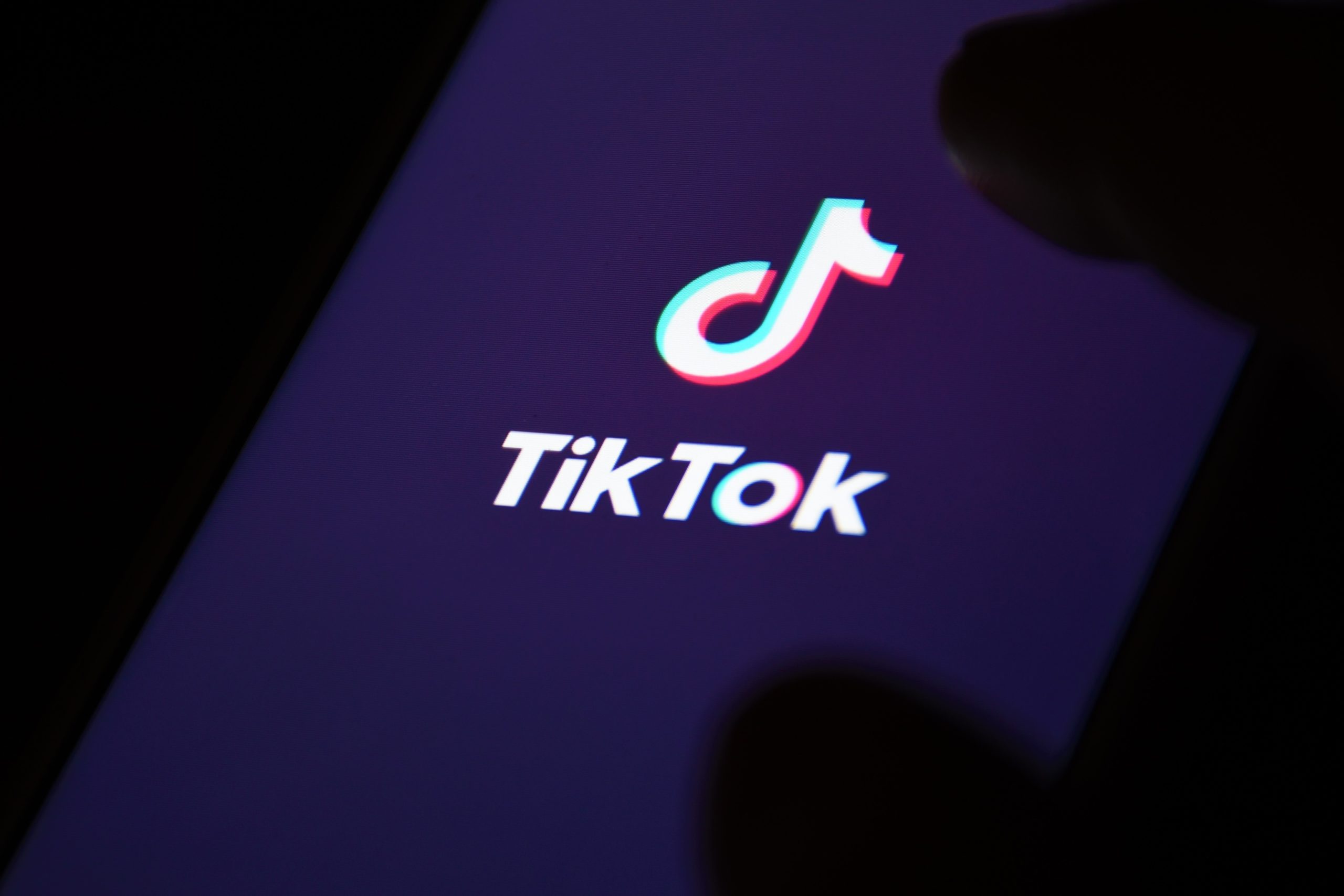
The US Supreme Court has upheld the law mandating China-based ByteDance to divest its ownership of TikTok by Sunday, or face an effective ban of the popular video-sharing app in the United States.
The ruling underscores growing national security concerns tied to TikTok’s data collection practices and alleged links to the Chinese government, placing the platform’s 170 million American users at risk of losing access.
The decision supports the Protecting Americans from Foreign Adversary Controlled Applications Act, signed into law by President Joe Biden in April 2024.
The court’s unanimous opinion stressed that TikTok’s massive data collection and susceptibility to foreign influence pose significant threats to US security.
Justice Sonia Sotomayor and Justice Neil Gorsuch added separate concurring opinions.
TikTok’s uncertain future in the US
ByteDance has resisted divestment, leaving the app’s fate uncertain. While TikTok may remain functional on devices where it is already installed, the company has threatened a complete shutdown of the platform if forced to sell.
The court’s ruling also pressures third-party service providers, including Apple and Google, to remove TikTok from app stores after the January 19 deadline. Failure to comply could result in penalties for these tech giants.
White House press secretary Karine Jean-Pierre reaffirmed the administration’s stance, emphasizing that TikTok could remain available under US ownership or an arrangement that resolves security concerns.
“Implementation of this law will transition to the next administration, which takes office Monday,” Jean-Pierre stated.
National security vs. free expression
The ruling has sparked intense debate about national security and free speech.
US Solicitor General Elizabeth Prelogar defended the law, citing TikTok’s ties to ByteDance and potential influence from the Chinese Communist Party.
On the other hand, TikTok’s lead attorney Noel Francisco argued the act infringes on the First Amendment rights of millions of users who rely on the app for creative expression, news, and business promotion.
Kate Ruane, director of the Center for Democracy and Technology, criticized the decision.
“This ruling undermines the free expression of TikTok users in the US and worldwide,” Ruane was quoted as saying by CNBC, noting that the platform has become a vital tool for sharing information and fostering creativity.
As the deadline looms, TikTok creators are urging followers to migrate to platforms like YouTube, Facebook, and Instagram.
A CNBC report revealed that Instagram leadership has been preparing for a potential influx of users.
Meanwhile, TikTok-lookalike app RedNote has surged to the top of Apple’s App Store, indicating growing interest in alternatives.
ByteDance’s refusal to sell leaves room for speculation about potential buyers, including Elon Musk, as Bloomberg reported that the Chinese government is considering contingencies to retain TikTok’s US operations.
Analysts estimate TikTok’s US assets could fetch $40 billion to $50 billion if sold.
With the clock ticking, all eyes are on ByteDance and the incoming Trump administration to determine TikTok’s fate in America.
The post Supreme Court upholds TikTok divestment order: Will ByteDance comply or face a US ban? appeared first on Invezz

